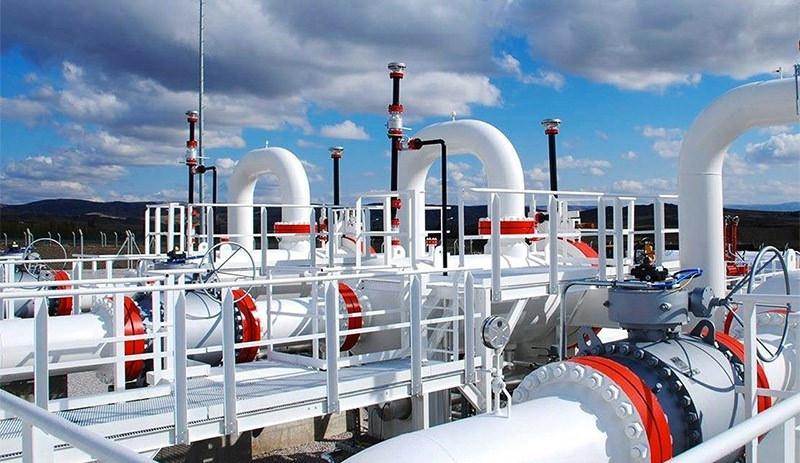Turkish officials have asked Russia to delay a portion of Ankara’s payments due for natural gas, according to people familiar with the matter, as Turkey seeks to mitigate economic damage from higher energy prices, Bloomberg reported.
Turkey’s state-run energy importer Boru Hatları ile Petrol Taşıma AŞ, or Botaş, is seeking to postpone some of the payments to 2024, according to one of the people, who spoke on condition of anonymity as the ppaymentayment discussions are private. The talks come on the heels of a deal between the two countries that permits Botaş to pay 25 percent of its obligations in rubles rather than dollars.
It’s not yet clear whether the latest talks will result in any agreement, the people said. Botaş and Gazprom, Russia’s state-run oil giant, declined to comment. Turkey hasn’t made a formal request to the company, which won’t discuss postponement until it receives an offer, according to a person familiar with Gazprom’s position.
Turkey’s heavy reliance on imported energy has added to pressure on its currency and budget. The Turkish lira has depreciated more than 28 percent against the dollar in 2022, the most in emerging markets after Argentina’s peso, and its trade deficit more than doubled in August from the same month a year earlier to $11.2 billion.
Turkish President Recep Tayyip Erdoğan’s relations with Ukraine, including supplying it with military drones, have rankled Moscow. But Ankara remains a key partner for Russia as international sanctions shutter other routes for trade, travel and investment.
Erdoğan said last month that he had discussed gas prices with Russian President Vladimir Putin and hoped to get a discount.
Hungary, one of the EU nations most reliant on Russian energy, announced Monday that Gazprom would allow it to delay payments for natural gas due in the next six months. Soaring energy payments had aggravated concerns about the state of Hungary’s economy, as the cost of oil and gas imports jumped to an estimated $19 billion this year from $4 billion in 2019.
The deal gave Hungary’s currency a “protective umbrella,” Marton Nagy, the nation’s economic development minister, told Bloomberg. It postpones payments for three years, he said.

